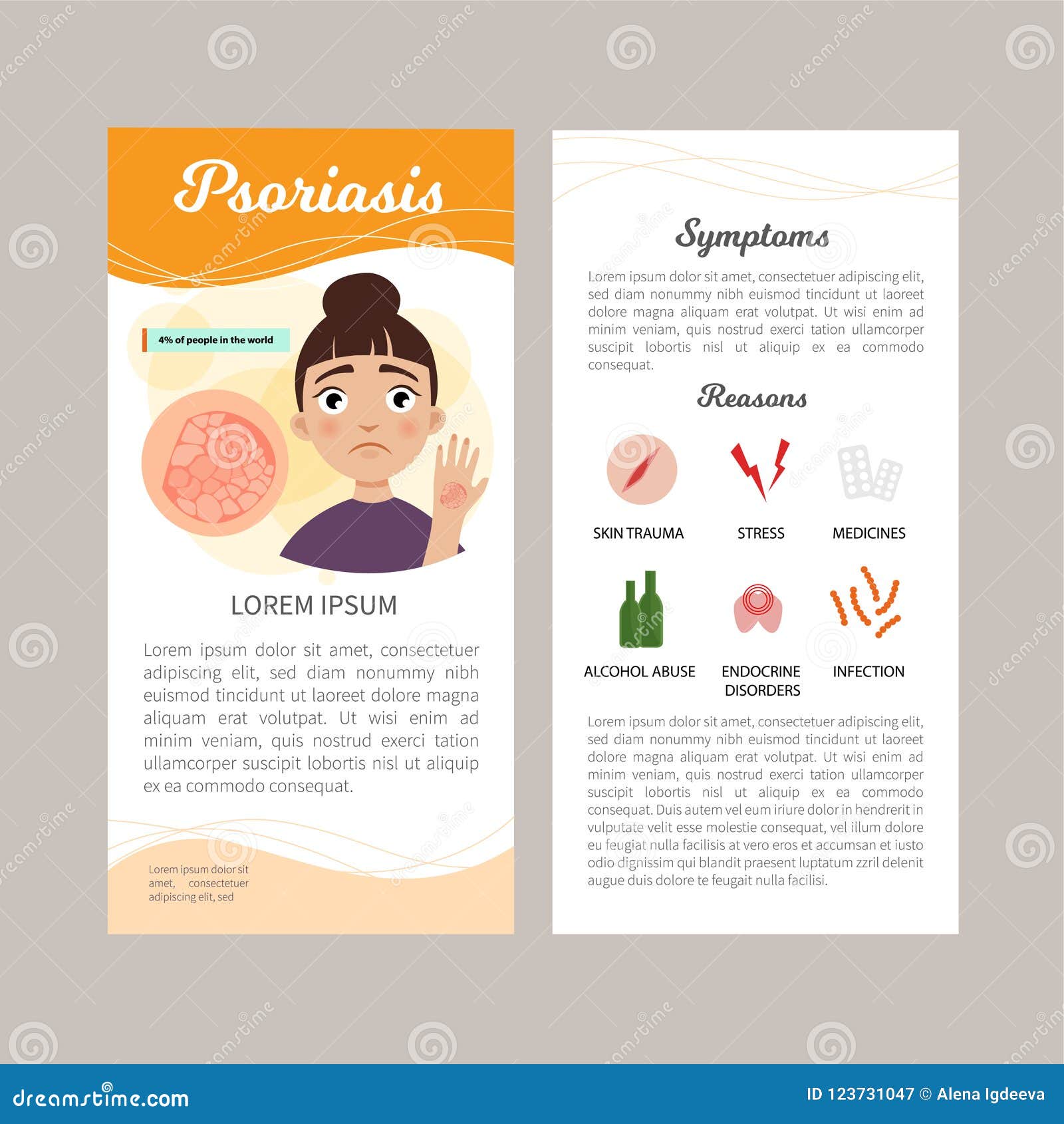Myths And Realities Regarding Acne: Debunking Common Misconceptions
Myths And Realities Regarding Acne: Debunking Common Misconceptions
Blog Article
Created By-Joyner Powers
You could assume that indulging in delicious chocolate or oily foods is the origin of your acne, but that's simply one of numerous myths swirling around this usual skin condition. In fact, acne mainly comes from blocked hair follicles, not your last treat. Misconceptions like these can lead you to take on ineffective skincare practices that may also intensify your scenario. As you navigate the facts behind acne, you'll discover insights that can change your method to skin care and help you achieve clearer skin. So, what truly lies beneath the surface area?
Common Myths Concerning Acne
When it involves acne, many individuals count on usual myths that can bring about complication and stress. One prevalent myth is that consuming delicious chocolate or greasy foods causes acne. While diet regimen can influence skin wellness, the straight web link between details foods and acne isn't as precise as lots of think.
Another typical misconception is that you must scrub your face intensely to clean up outbreaks. Actually, aggressive rubbing can irritate your skin and worsen acne.
You may likewise believe that acne only influences teens, yet adults can experience it too, commonly because of hormone adjustments or stress. Some people believe that sun tanning can clear up acne, yet sun direct exposure can in fact lead to skin damage and aggravate outbreaks in the future.
Finally, coolsculpting reno think that utilizing rough products will certainly remove acne promptly. Nevertheless, click here can strip your skin of its all-natural oils, causing enhanced irritation and more breakouts.
Scientific Facts Behind Acne
Recognizing the clinical facts behind acne can encourage you to tackle this common skin problem more effectively.
Acne happens when hair follicles come to be blocked with oil, dead skin cells, and germs. This process often begins with an overproduction of sebum, the oil your skin normally generates. Hormone changes, specifically during adolescence or menstruation, can cause this excess oil.
Bacteria known as Propionibacterium acnes thrive in these clogged pores, leading to swelling. When your body immune system responds, it can create soreness and swelling, causing those bothersome acnes or cysts.
Genetics also play a role; if your moms and dads had acne, you may be a lot more vulnerable to it.
Diet plan and anxiety levels can affect acne as well, but research is still developing in these areas. While enjoying oily foods will not straight create breakouts, a well balanced diet can support your skin health.
Likewise, taking care of stress can reduce hormone fluctuations that may worsen acne.
Tips for Handling Acne
Handling acne effectively requires a combination of everyday skincare habits and lifestyle adjustments. Begin by establishing a constant skin care routine. Cleanse your face two times a day with a mild, non-comedogenic cleanser to get rid of dust and excess oil. Stay clear of scrubbing also hard, as this can irritate your skin and worsen acne.
Next off, incorporate items consisting of salicylic acid or benzoyl peroxide to aid protect against outbreaks. Always follow up with https://barrettplasticsurgery65432.answerblogs.com/32756967/what-happens-if-the-trick-to-clear-skin-depends-on-an-individualized-approach-discover-just-how-tailored-acne-treatment-plans-can-make-all-the-difference -weight, oil-free moisturizer to maintain your skin hydrated. Do not neglect sunscreen; go with non-comedogenic alternatives to protect your skin from UV damage without obstructing pores.
Past skin care, focus on your diet plan. Limitation sweet and greasy foods, and concentrate on fruits, vegetables, and entire grains. Staying moisturized is important, so drink a lot of water throughout the day.
Furthermore, manage stress and anxiety with activities like yoga exercise, reflection, or workout, as anxiety can trigger outbreaks.
Finally, prevent selecting or popping pimples. This can lead to scarring and additional inflammation. If your acne continues, consult a dermatologist for individualized treatment options.
Conclusion
Finally, it's essential to separate truth from fiction when it concerns acne. By exposing common misconceptions, you can better understand your skin and make educated options for your skincare routine. So, why continue to rely on out-of-date concepts when the fact can encourage you? Welcome healthier behaviors, concentrate on gentle cleaning, and remember that taking care of acne is a journey. With the appropriate expertise, you're one action closer to more clear, much healthier skin.
